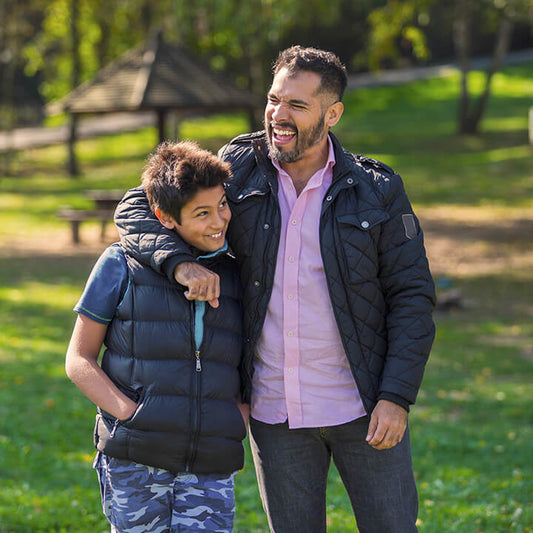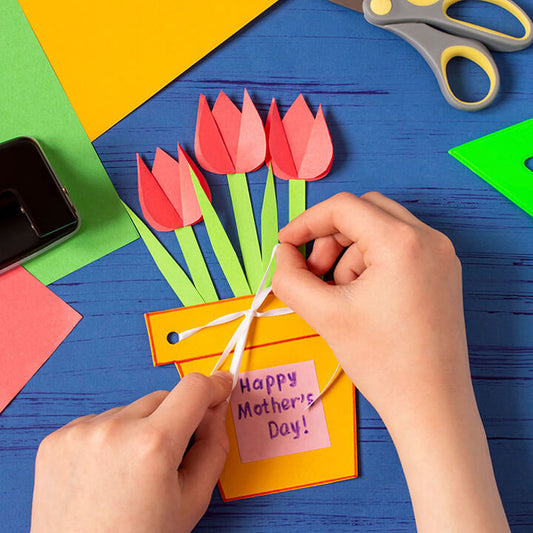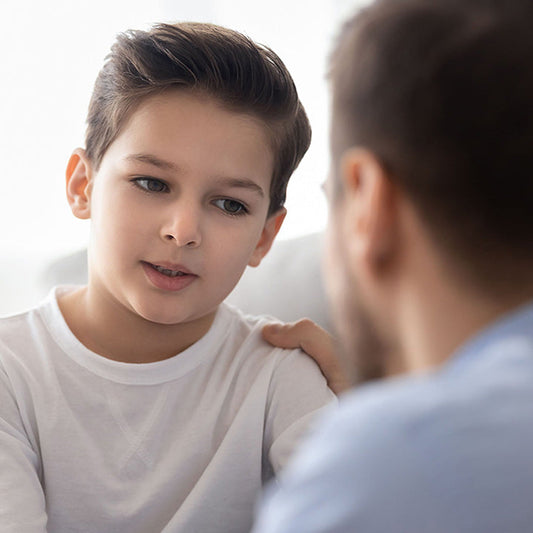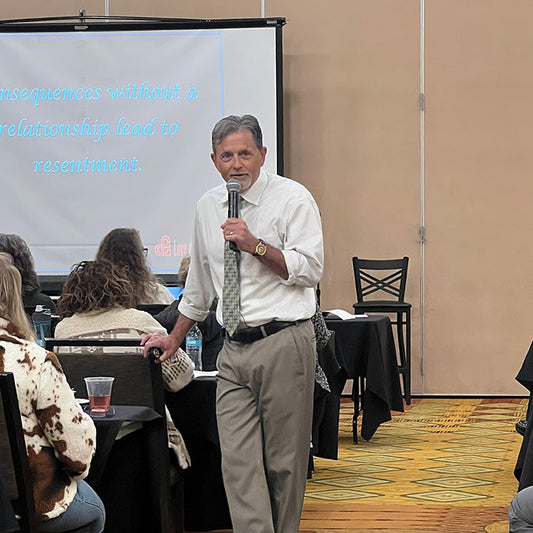School has already started in many places and will be in full swing in a few weeks. Students, teachers, and parents have a fresh start and clean slate. Inevitably, problems will start to crop up and parents will be contacting teachers to seek help and even request intervention. Here is an example of how this interaction might unfold and possible outcomes that depend on how the conversation is handled.
A Tale of Two Parent Approaches
There was a problem on the playground during recess today. Even though it involved only some of the classmates, the entire class was punished with loss of recess for two days. Patty and Wanda were incensed.
“Most of us were being good! It’s just not fair for all of us to miss recess,” they told their mothers. “You need to call the teacher and make her change her mind,” they insisted.
Tone Matters More Than You Think
Wanda’s mother went to the phone, and when the teacher answered said, in an annoyed tone of voice, “Punishing all the kids for what a few of them did just doesn’t make sense. You just need to handle this in a better way. Both Wanda and I think that this is totally unfair!”
Calm Voices Invite Collaboration
Patty’s mother called the teacher and said, with a calm tone of voice, “If you have time, I’d like to share what the girls have told me about the recess problem and get your thoughts on it.”
I bet you know which mother’s approach resulted in the teacher being more receptive to hearing and accepting.
The Teacher’s Perspective on Listening
I visited with this teacher later and she told me that Wanda’s mother called first and that she immediately found herself being defensive about the situation. The call didn’t go well. The conversation she had with Patty’s mom went much better and was more productive.
A Powerful Opening Line That Works
She went on to say, “I didn’t feel defensive at all when Patty’s mom called. I liked her opening statement so well that I’m going to be using it in the future when I have to call parents about a problem.”
Respect and Empathy Open Doors
What was that opening statement? “I’d like to share what I’ve been hearing and get your thoughts on it.” It’s a sure-fire way to keep the other person from feeling attacked. This approach is based on our belief that successful conversations are based on mutual respect, empathy, and willingness to listen to the other person’s point of view, whether it is a teacher or your child.
Learn more of these techniques in our audio, Putting Parents at Ease. It’s all about home/school communication techniques that work for both teachers and parents.
Thanks for reading!
























































